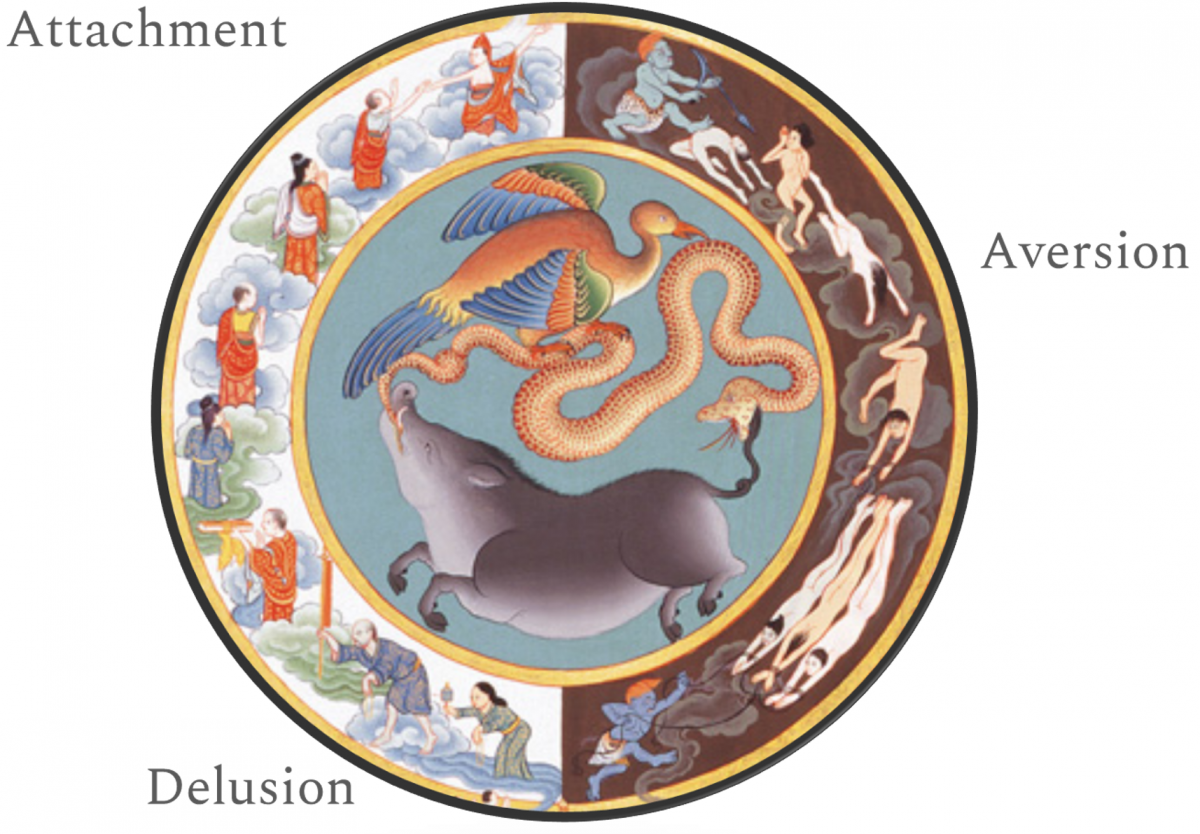Spirituality is part addition, part subtraction.
In the West, we tend to focus on the addition part: doing things, getting things, and achieving things. That is not necessarily bad, but in our focus on addition, we can sometimes inadvertently add things that are not healthy, like perfectionism. We can also fail to account for our Western worldview and how it impacts our spirituality.
Author: Dan Ellsworth
The Spiritual Discipline of Living in Reality
Acceptance is letting go of:
- Denial
- Avoidance
- Pretense
- Delusion
- Escape
- Numbing
- Drama
- Delay
An acceptance statement can be phrased as, “My present reality is _______”
Continue reading “The Spiritual Discipline of Living in Reality”Why I Don’t Panic Over Controversies Involving the Church
Why does there seem to be a steady stream of bad headlines about the church?
Has it always been this way?
How do we process allegations and bad news without losing our minds?
Continue reading “Why I Don’t Panic Over Controversies Involving the Church”It’s good to have cognitive ground rules
Twenty years after my own graduation, I have come gradually to understand that the liberal arts cliché about teaching you how to think is actually shorthand for a much deeper, more serious idea: learning how to think really means learning how to exercise some control over how and what you think. It means being conscious and aware enough to choose what you pay attention to and to choose how you construct meaning from experience.
-David Foster Wallace, This is Water
If we don’t have some basic principles and ground rules that we adhere to, it’s very possible to think our way into delusion and confusion and all kinds of mental problems. A recent conversation about depression led me to ask myself about my own cognitive ground rules, including the ones related to my thinking around faith. We sometimes call these assumptions, and these are the ones I choose to adhere to.
Continue reading “It’s good to have cognitive ground rules”“If the Church were following Jesus, it would give all its funds to the poor!”
“Why doesn’t the church give tons of money to the poor?”
I’m currently developing an article about fundamentalism, and how its core impulse is to avoid cognitive dissonance no matter what.
Continue reading ““If the Church were following Jesus, it would give all its funds to the poor!””On Miracles
Are miracles part of the Latter-day Saint experience?
What determines how and when miracles miracles take place?
What is the value of miracles?
Are there warnings to accompany the experience of miracles?
These questions are explored in this presentation. Slides below:
Continue reading “On Miracles”Spiritual Experiences or Frenzied Minds
What do we mean by the phrase “spiritual experiences?”
Are spiritual experiences self-generated emotional phenomena?
What meaning can we attach to spiritual experiences?
Slides below:
Continue reading “Spiritual Experiences or Frenzied Minds”Imaginary Jesus or The Revealed Christ
People look at the Gospels and claim a lot of conflicting things about how Jesus would approach today’s issues.
Why is that? Is there a better way?
Yes, there is.
Presentation slides below:
Continue reading “Imaginary Jesus or The Revealed Christ”On Authenticity
Can we be our “authentic selves” at church?
What does it even mean to be our authentic selves?
Slides available below:
Continue reading “On Authenticity”Fallibility Doesn’t Matter.
Why are some Latter-day Saints consumed with questions around prophetic fallibility, while others aren’t?
This presentation explores that question .
Slides below for download:
Continue reading “Fallibility Doesn’t Matter.”
